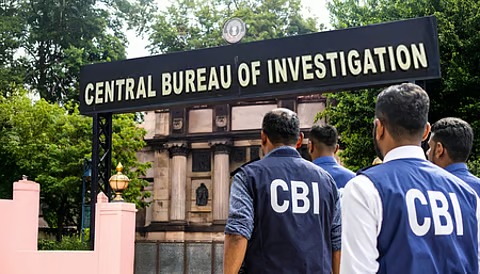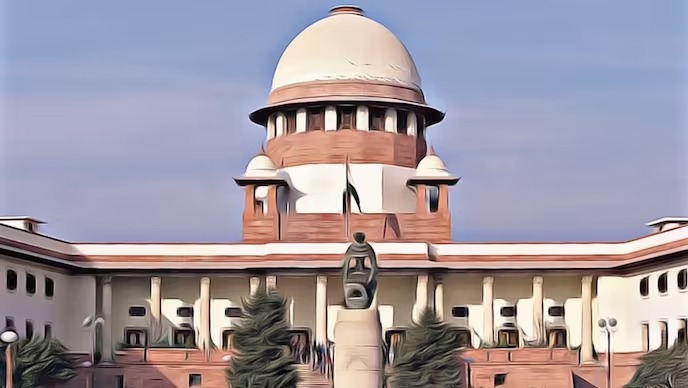Satyabrata Sinha, J.@mdashThis application is directed against a judgment and order dated April 28, 2000 passed by the West Bengal Land Reforms and Tenancy Tribunal in O.A. No. 467 of 1999. Although the case has a chequered history, for the purpose of disposal of this application it is not necessary to state the fact of the matter in great details. Suffice it to say, that one Jyotish Chandra Sarkar, predecessor-in-interest of the Petitioners herein was the owner of the lands in question. In terms of the provisions of the West Bengal Estate Acquisition Act, the said land holders was entitled to retain 25 acres of agricultural land, 15 acres of non-agricultural land besides bastu lands. Various proceedings had been initiated against the Petitioners and their predecessor-in-interest and various write applications had been filed. It had been held that even the deeds of transfer executed in favour of his five sons by the said Late Jyotish Chandra Sarkar during the years 1953 to 1955, were mala fide and the proceedings initiated in terms of Section 5 of the said Act was allowed. It appears that in the year 1970, an amended ''B'' form was filed with an undertaking that in the event the writ application pending at that point of time was dismissed, they would abided the result thereof. After lapse of about 30 years, another amended ''B'' form was filed. The said application for alteration of the plots in terms of amended ''B'' form was rejected. Against the said order of the Revenue Authority, an application was filed before the learned Tribunal. The learned Tribunal, inter alia, held that such amended ''B'' form could not have been filed after a period of 30 years. The learned Tribunal further arrived at a finding that the Petitioners having been enjoying the lands in question for such a long time, their application amounts to abuse the process of Court.
2. Mr. Sanyal, Learned Counsel for the Appellant very fairly stated that the Petitioners do not intend to have any excess land apart from the same to which they are entitled. According to the Learned Counsel, the learned Tribunal has erred in holding that by filing a revised return, the Petitioners intended to have more lands than they were entitled under law. The Learned Counsel has further relied upon a decision of a learned Single Judge of this Court in
3. Mr. Roy, Learned Counsel appearing on behalf of the State, did not dispute the position in law that a revised return may-be filed, but according to the Learned Counsel, this Court should not exercise its discretion having regard to the fact that in the year 1970 an amended ''B'' form had been filed with the agreement.
4. In view of the aforementioned submissions of Mr. Roy, Mr. Sanyal states that revenue authority may be directed even to consider the Petitioners'' representation as made in the amended ''B'' form field in the year 1970.
5. Having heard the Learned Counsel for the parties and keeping in view the changed situation and further in view of the fact that the Petitioners had not made any prayer to the effect that they are entitled to retain more lands than they are entitled to under law, we are of the opinion that despite long lapse of time, interest of justice would be sub-served if the amended ''B'' form filed by the Petitioners as far back as in the year 1970 be taken into consideration and an appropriate order thereupon be passed after giving an opportunity of hearing to the Petitioners. Such an order may be passed by the appropriate authority at an early date and preferably within four weeks from the date of communication of this order.
6. After passing of the said order, it will be open to the State to take actual possession of the excess land from the Petitioners which is said to be in possession of the Petitioners and take all other necessary steps in that regard as is permissible in law.
7. This application is disposed of with the aforementioned direction. There will be no order as to costs.
8. Urgent Xerox certified copy of this order be supplied on priority basis.
Pratap Kumar Ray, J.
9. I agree.

